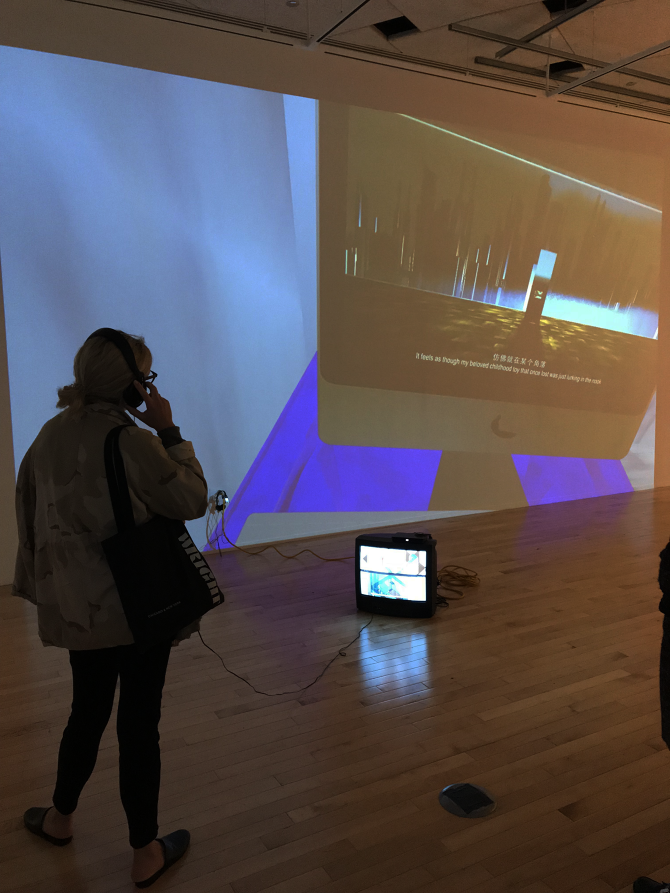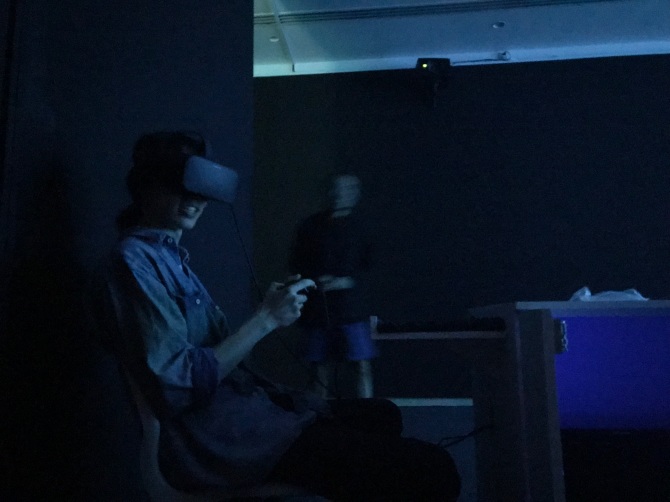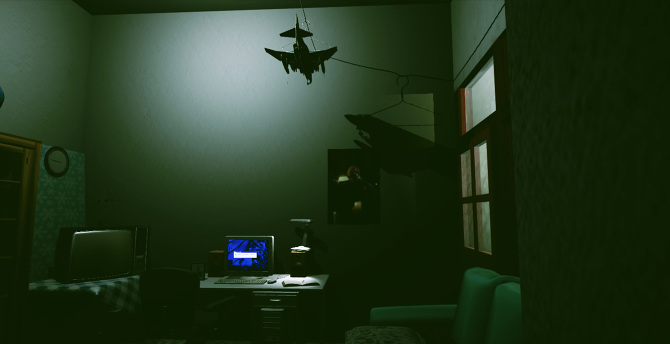010@SITEGallery_documentation from Zhou Yan on Vimeo.
010 glitchy teaser from Zhou Yan on Vimeo.
Born and grown in Beijing, I have witnessed many transformations of the city’s outlook, from the first wave of demolitions of traditional residential buildings (Hu Tong) in the mid 90s to the expansion of ring roads that stretch to the city’s outskirt. Currently, I am researching the ways in which governmental protocols of urban planning impose displacement on the residents of the city. Beijing started a radical urban reform early 2017 that involves sealing off the facades of many street-level businesses in the inner-city area as part of the beautification project of the capital. Many businesses, with some of which are in fact previously remodeled from residential units – a phenomenon taken place under a different policy a decade earlier, are shut down. The enforcement of governmental policy is like water, permeating into different layers of social structures. Right now, the sense of nostalgia and the progressive ideology for development have become a mixed scene that affects lots of lives. In my work “010”, I try to dwell on this contradictory sensibility.
“010” is my attempt to use interactive technology to discuss the nostalgia of media. In this game art work the player can explore freely in and between four different scenes, which are constructed according to either my childhood memories or the aesthetics of futuristic films.
-------------------------------
Carnival at the global village, prophecy comes true one after another. Virtual reality enables the further proximity to the scene, but does all of this have meaning?
Can we represent nostalgia using new media? This is not as simple as the visual cheapening in pixel art or recreating Van Gogh’s bedroom in computers to teleport the audience into the painting. These two nostalgic acts bear no difference to what McLuhan calls the “international motley,” using the worn-out Levi’s jeans to rebel against one’s time.
From making 3D model of every object to constructing the entire scenes, I am also reconstructing memory. The entire story is told around an alley in Beijing and its changes over time.
Technology can get us closer to the truth, but can also get us lost. When we immerse ourselves in the technology, can the kind of fragmented scenes that virtual reality provides stimulate in its user any critical reflections instead of simple visual excitement?






